Society finches are not the kind of bird that one would choose if they want an avian friend that talks and plays with them, but they do make wonderful pets for those that prefer to be spectators.
A good alternative to having pet fish, pet finches can provide hours of entertainment and relaxing sounds, although they do have more care requirements that need to be considered.
Species Overview
Common Name(s): Society finch, Bengalese finch
Scientific Name: Lonchura domestica
Adult Size: 4-5 inches, 0.6-0.7 grams
Life Expectancy: 4-7 years
Origin and History
Society finches are unique to the pet bird world because unlike most pet birds, they are not naturally found in the wild. This specific type of finch is a domesticated bird and was produced in captivity by cross breeding sharp-tailed and munia finches in Asia where they are native. These species spend their time in grasslands and woodlands where they nest in domed grass structures.
Temperament
Society finches are not birds that are easily handled, but that is because of their small size and not because they are aggressive. Society finches may be easily startled and fly around their enclosures when they aren't nesting or eating, but they are typically peaceful.
If a finch did attempt to bite you, it is unlikely to deliver more than a peck or little pinch due to their small beak.
Society finches get their name from their social personalities and make wonderful breeders and parents. They thrive with a mate or a few other birds in their home.
Speech and Vocalizations
Finches do not talk or scream, but they do make some sounds. These sounds are often described as beeps, chatter, and warbles, but they also sing.
Society finches are often used in laboratory settings to study vocalizations due to the syntax or structure that their songs have. Females are not likely to sing like males do, though.
Society Finch Colors and Markings
Both male and female society finches can come in various combinations of white, brown, and tan shades. They have either two-toned or flesh-colored beaks.
Color mutations include the normal chocolate brown, pied, fawn, chestnut, red-brown, white, crested, albino, dilute, creme-ino, pearl, and grey.
Caring for the Society Finch
Society finches need socialization with other finches so you should never have just one, and plenty of space to fly around in a safe enclosure or aviary is also a must. Unlike some delicate birds, room temperatures are sufficient to house these tiny birds.
If a flight cage is used, small bar spaces must be present to avoid escape and a nest should be provided to allow your finches a place to sleep and cuddle -- even if you don't plan on them breeding.
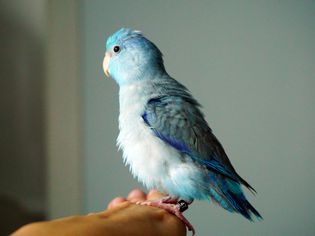
Common Health Problems
Finches are especially prone to two types of parasites - air sac mites (Sternostoma tracheacolum), which are life threatening since they reside in the respiratory tract, and scaly face mites (Knemidokoptes pilae) that cause scales on the skin. Both types of mites require veterinary attention.
Aside from mite concerns, society finches are also prone to developing overgrown beaks and nails, and they may need regular trimming.
Diet and Nutrition
Society finches will thrive on a high quality pelleted diet designed for finches. While finches do eat seeds in the wild, they also eat various fruits, flowers, insects, and other items. Just offering a diet of seeds is not complete and balanced.
Fresh fruits, veggies, vitamins, spray millet, cooked egg, and other items will be needed to provide a more well-rounded diet if pellets are not fed.
Exercise
Society finches need to be able to hop around from branch to branch and fly. This means a safe and secure aviary or flight cage should be provided to allow your bird room to spread its wings without being injured.
Quiet
Small
Easy to care for
Not good for handling
Doesn't talk
Short lived compared to other birds
Where to Adopt or Buy a Society Finch
Society finches are readily availble from pet stores that routinely sell birds and may also be found in bird rescues or from a breeder. They are inexpensive birds, typically costing less than $30.
More Pet Bird Species and Further Research
If you’re interested in similar species, check out:
- Gouldian Finch Bird Species Profile
- Zebra Finch Bird Species Profile
Related Article
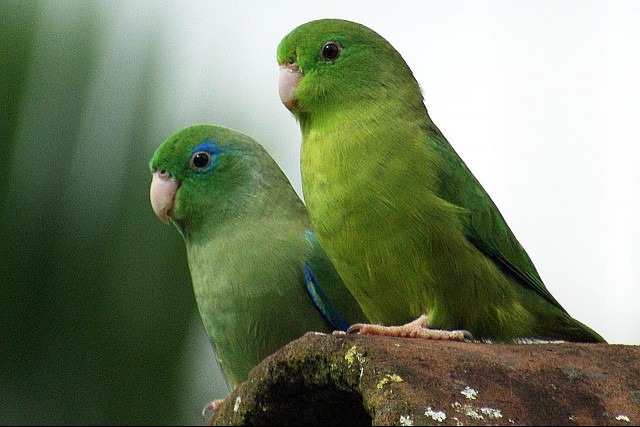
Facts About Parrotlets
Small birds have always been popular as pets, but in recent years, one specific type has seen an as
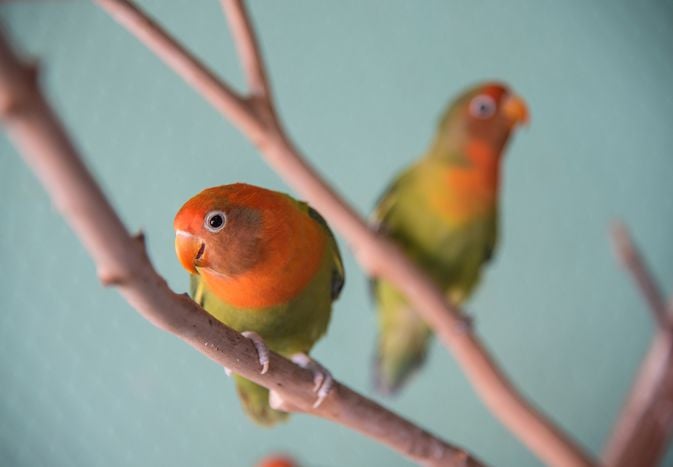
Lovebird (Pocket Parrot) Species Profile
Lovebirds are a favorite among pet birds, often called "pocket parrots," and are among the most col
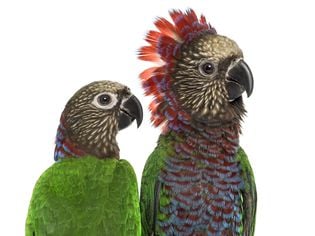
Red Fan Parrot Species Profile
Red fan parrots are some of the most strikingly colorful pet birds. They are medium-sized parrots w
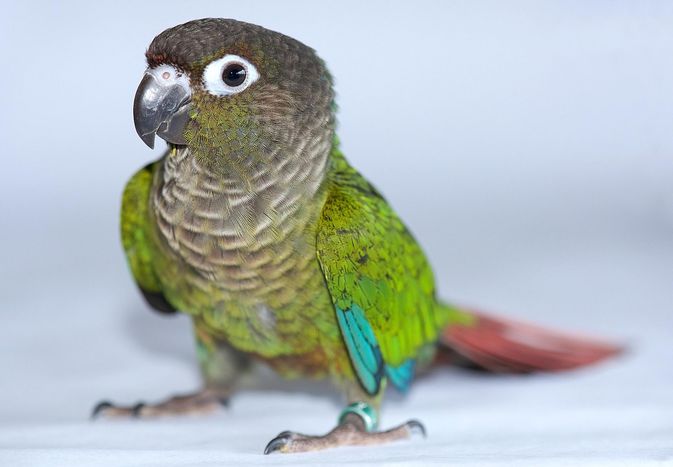
Greek-Cheeked Conure: Bird Species Profile
Popular as pets due to their small size, beauty, and intelligence, green-cheeked conures have
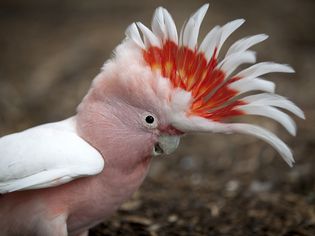
10 Top Pet Cockatoo Species
Cockatoos are affectionate birds known as "velcro birds" because they love spending time wi
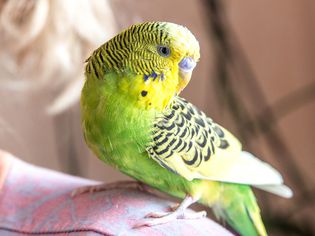
Safety Tips for Handling Parrots
Unlike cats and dogs, parrots and other pet birds are not domesticated, and this means that they re

The Relationship Between Pets and Children: How to Foster a Positive Bond
There is growing evidence that pets, especially dogs, are good for children. This evidence surely h
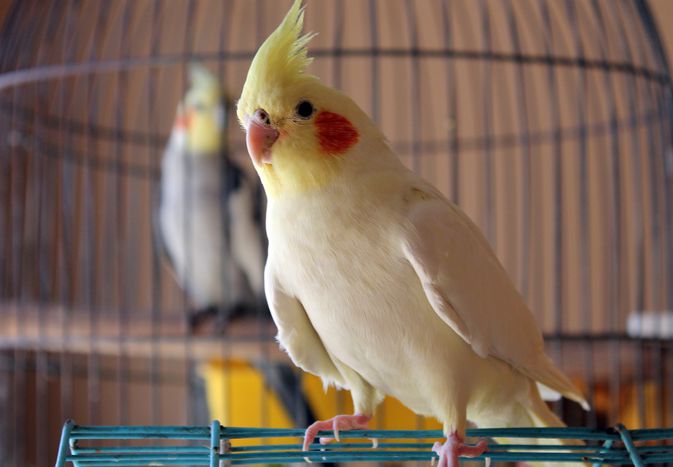
Things to Consider Before Getting a Pet Bird
Estimates say that more than 5 million households in the U.S. have pet birds. Birds come in an amaz
About WhiskerClub
We are a premier digital platform committed to delivering high-quality content to our readers. Our mission is to provide accurate, reliable, and engaging information that adds value to our audience's daily lives.
Our team consists of experienced content creators and subject matter experts who uphold the highest standards of professionalism. In an era of information overload, we curate content with care, ensuring our users receive only the most relevant and trustworthy information.
Beyond just reporting facts, we focus on depth and context. Through expert analysis, comprehensive research, and clear presentation, we help our audience gain meaningful insights and make informed decisions.
We take pride in being a trusted information source for our growing community of readers. Our user-first approach means we continuously adapt to provide content that meets our audience's evolving needs and interests.
Innovation and excellence drive everything we do. We're committed to improving our platform and services to deliver the best possible experience for our users.

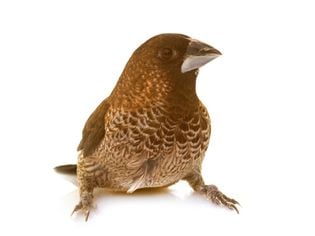
Comments on " Society Finch: Bird Species Profile" :